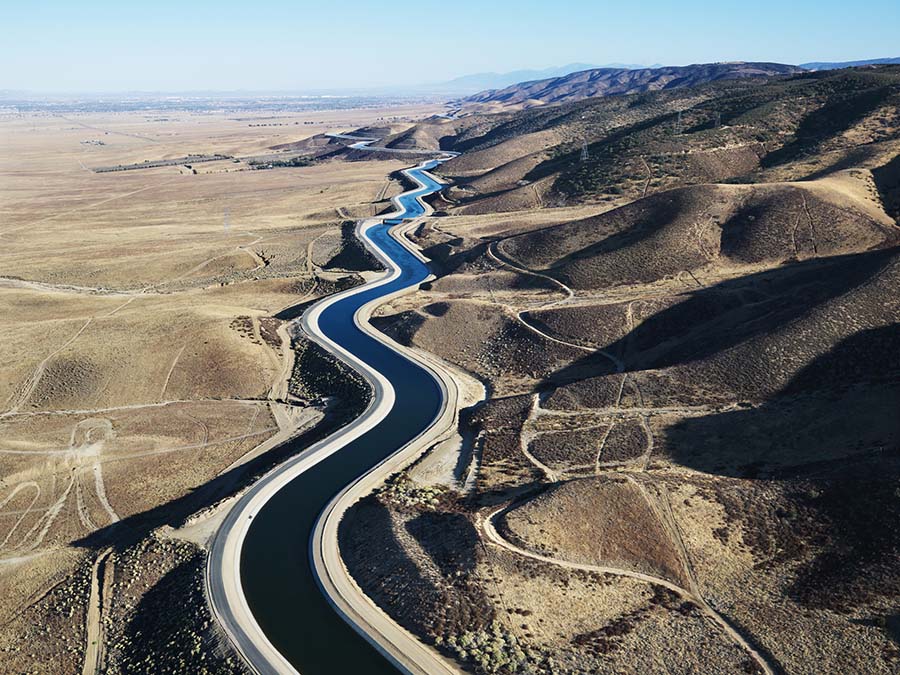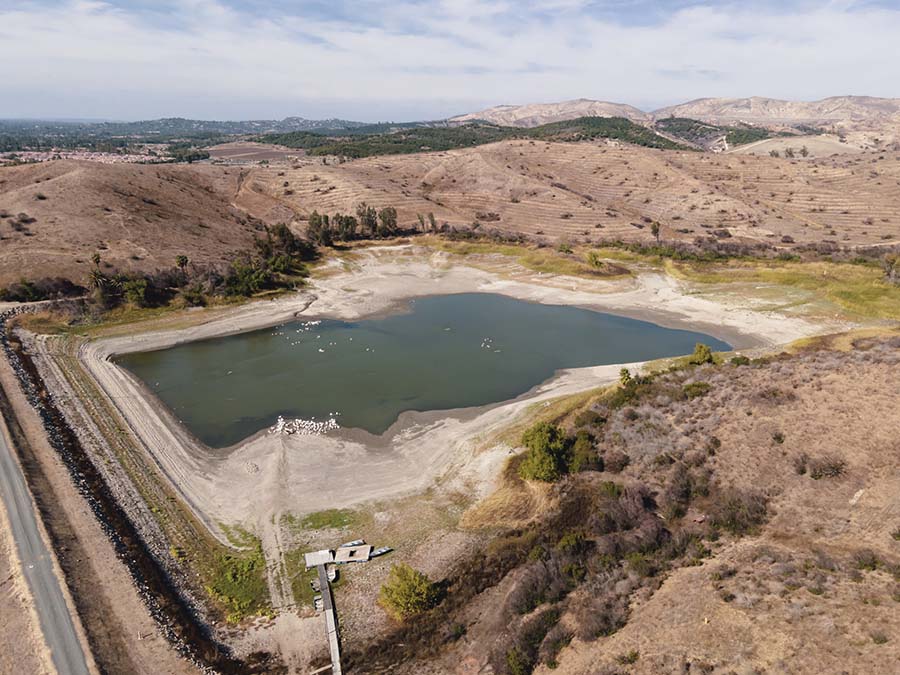Article Center
Geosynthetic Materials: Present and Future
How can geosynthetics withstand extreme geothermal conditions? Discover the materials, manufacturing, and innovations driving the future of sustainable energy.
Protecting Soil and Groundwater in Geothermal Projects
How do advanced geomembranes protect soil and water in geothermal energy production? Discover key techniques for stabilizing and containing harmful byproducts.
Enhanced Geothermal Systems (EGS): Expanding Geothermal's Reach
Unlock geothermal potential anywhere! Discover how Enhanced Geothermal Systems and geosynthetic liners are unlocking renewable, clean energy in arid regions.
Geothermal Waste Containment and Management
Is geothermal energy really clean? Explore how advanced geomembranes can safely contain challenging geothermal waste like brines, sludge, and spent fluids.
Lining Geothermal Reservoirs
Beyond the power plant: What's the secret to lasting geothermal success? Explore how cutting-edge liners protect critical resources and secure our energy future
Geothermal Energy in Practice: Challenges, Solutions, and the Role of Geotextiles
Got geothermal energy? What about leaky reservoirs and corrosive fluids? See how advanced geotextile materials are tackling the industry’s toughest challenges.
Introduction to Geothermal Energy
Explore the limitless potential of geothermal energy! See how it’s changing our energy future by transforming Earth's heat into clean and sustainable power.
What Happens When California’s Groundwater Runs Out?
Groundwater depletion, a growing concern in California and worldwide, presents profound challenges to environmental sustainability, agriculture, and water security.
What is Happening to California’s Groundwater, Aquifers, and Wells?
In California, a state frequently grappling with the harsh realities of drought, the impacts on groundwater levels and aquifers are profound and far-reaching.
What Technological Innovations are Being Used to Mitigate Drought Effects?
California is turning to technological innovation as a key tool in mitigating the effects and managing the challenges of water scarcity.
What Policies and Conservation Practices in California Are Changing Because of Drought?
As a state long accustomed to the ebb and flow of periodic droughts, California is now facing an era of intensifying dry spells.
How Do Recent California Droughts Differ From Historical Patterns?
California's relationship with drought is as long-standing as it is complex. Historically, this region has experienced cycles of dry periods, but recent changes in climate patterns have altered the traditional narrative of these droughts
How Do Droughts Affect California's Industries?
California’s economy is one of the world’s largest and most dynamic economies. If California were independent, its economy would rank among the largest globally.
How Do California’s Repeated Droughts Affect Local Ecosystems and Wildlife?
While droughts have always been a part of California’s climate, recent trends show a significant shift from previous patterns.
How Have Recent California Droughts Impacted Agriculture?
California’s agricultural sector is renowned for its diverse and abundant produce, making it pivotal to the national and global food supply.
What is California’s Response to Drought-Induced Water Scarcity?
California, renowned for its robust economy and natural beauty, has long been challenged by recurring droughts and increasing water demands.
The Bottom Line: Evaluating the Economic Benefits of Geomembrane Liners
Maximize your fish hatchery profits! Discover how geomembrane liners deliver a strong ROI through reduced costs, increased efficiency, and long-term savings.
How Geomembranes Help Prevent and Solve Four Common Pond Problems
Struggling with recurrent pond problems and reduced harvests? See how geomembranes can save your fish hatchery from water loss, contamination and disease.
How Geomembranes Help Prevent and Solve Four Common Pond Problems
Struggling with recurrent pond problems and reduced harvests? See how geomembranes can save your fish hatchery from water loss, contamination and disease.
Ensuring the Longevity of Your Geomembrane-Lined Ponds
Keep your fish hatchery running smoothly! Master practical geomembrane liner care: inspections, cleaning, and quick repairs – a must-read for every operator.
Leveraging Geomembranes for Enhanced Hatchery Operations
Unlock the full power of geomembranes in your fish hatchery! We’ll look at innovative uses for water storage, raceways, settling basins, safety, and more.
Building Your Hatchery: A Step-by-Step Guide to Geomembrane Installation
Ready to build your dream fish hatchery? Get a running start with our expert tips on geomembrane liner installation for long-lasting, leak-free ponds.
The Role of Geomembrane Liners in Water Quality Management
Crystal-clear water = thriving fry. Discover how geomembrane liners maintain the conditions your hatchery needs for maximum success, from egg to harvest!
Designing Healthy Ponds: Integrating Liner Considerations from the Start
Ready to avoid costly problems with your fish hatchery? Find out how early planning for smart liner integration creates healthier and more efficient ponds.


























